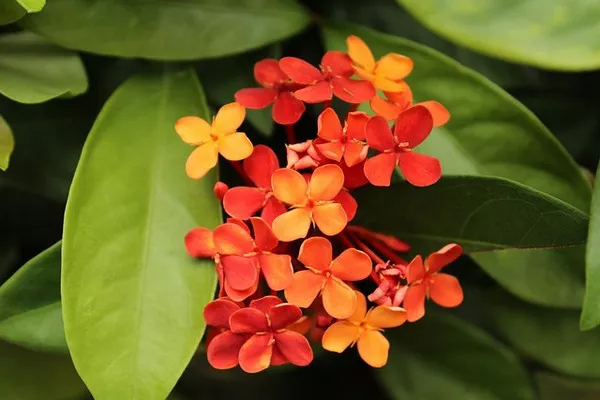Medicinal plants and herbs have experienced a remarkable resurgence in modern times, attracting global attention for their therapeutic properties. However, the commercial harvesting of these valuable plants raises critical concerns about conservation and its impact on traditional communities that rely on them.
Traditional Holistic Medicine
According to the World Health Organization, 70%–90% of the world’s population primarily relies on traditional holistic medicine for healthcare. This encompassing approach includes herbal/plant-derived medicine, yoga, acupuncture, and Indigenous healing practices. These practices hold deep cultural significance in countries like China and India, forming an integral part of their identity.
Dr. Manuel Pardo de Santayana, an expert from Autónoma de Madrid, highlights the cultural importance of medicinal plants, explaining, “The use of medicinal plants is linked to aspects of cultural identity, just like food or annual celebrations. People identify themselves with local customs and don’t want to abandon them over time.”
These medicinal plants have been instrumental in treating common ailments and have even contributed to modern pharmaceuticals. Over 40% of pharmaceutical formulations are derived from natural products, like aspirin, which originated from salicylic acid found in willow and poplar trees.
The Surge in Medicinal Plant Use: Causes and Implications
The use of medicinal herbs and plants has surged, particularly in response to the COVID-19 pandemic. Factors influencing this growth include attempts to manage symptoms before vaccine availability, vaccine hesitancy, and disparities in vaccine access. However, this increased demand has led to unchecked commercial harvesting, posing a significant threat to plant sustainability.
Sustainable harvesting, a practice aimed at preventing population decline, has been championed by traditional medicine users, including Indigenous communities. They employ strategies such as limiting harvest quantities to ensure plant reproduction, extracting only active plant components to minimize damage, and replanting seeds in personal gardens.
In contrast, commercial harvesters often prioritize profits over sustainability, disregarding traditional practices.
Impact on Traditional Societies
Unsustainable harvesting practices have prompted conservation laws that restrict plant use for everyone, including those practicing sustainable methods. This has resulted in conflicts within communities, with some feeling that their right to harvest medicinal plants is unfairly limited due to the actions of a few commercial operators.
Dr. Pardo de Santayana suggests a solution: “First, we should listen to how local and Indigenous people deal with the issue of medicinal plant endangerment.” These communities possess advanced knowledge of plant life cycles and sustainable land management. Granting them legal permissions to responsibly harvest and protect medicinal plants could be the key to meeting increased demand while ensuring their survival.
In a world where the delicate balance between conservation and commercial interests is constantly tested, collaboration and understanding between stakeholders may hold the answer to preserving these vital resources.


